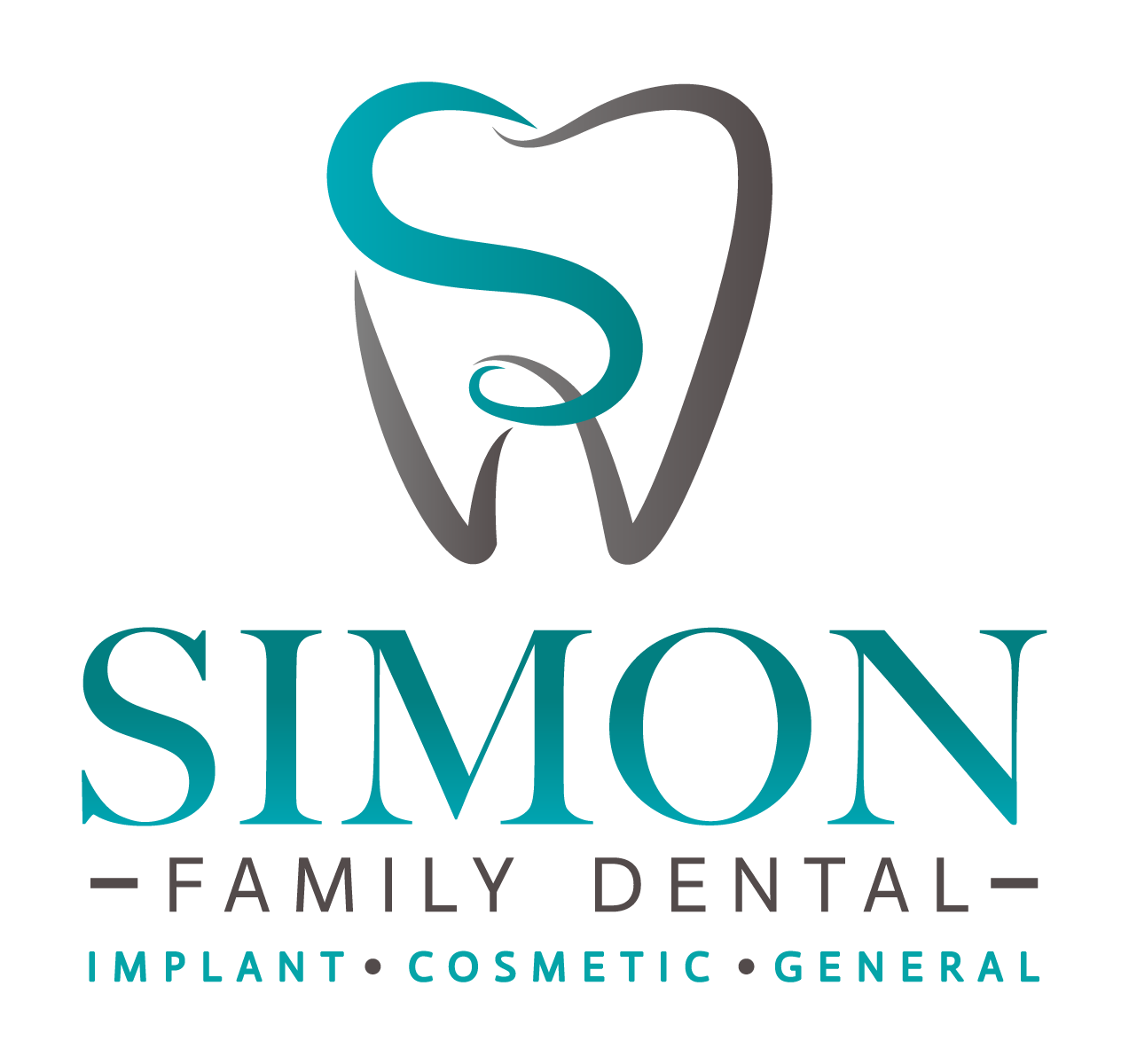Even if your teeth and gums seem healthy and are free of pain, it's important to keep up with your routine dental cleanings. Regular brushing and flossing help minimize oral health problems, but they can't completely prevent plaque and tartar buildup. So if you haven't had your teeth professionally cleaned lately, you're missing out on an integral component of preventive dental care!
How Often Should You Have Your Teeth Cleaned?
The American Dental Association (ADA) recommends dental visits at intervals determined by your dentist. Patients with healthy teeth and gums generally require routine dental cleanings twice a year. However, if you have gum disease or are at a higher risk of developing cavities, you may need more frequent dental care. After evaluating your oral health, we will recommend the frequency of visits you require to maintain your oral health.
What Are the Benefits of Dental Cleanings?
Keeping up with your twice-a-year dental cleanings is one of the most effective ways to prevent many dental concerns, including tooth decay, periodontal (gum) disease, and bad breath (halitosis). Your visit will also allow our dentist or hygienist to detect any problem areas that require attention.
Maintaining your oral health will directly impact your overall health. Studies show that gum disease increases the risk of various health conditions, including heart disease, stroke, diabetes, dementia, and pregnancy problems.
What Happens During a Routine Dental Cleaning Appointment?
Routine dental cleanings, also known as dental prophylaxis, are the regular cleanings you have every six months to maintain your healthy smile. Our hygienist will use an instrument called a scaler to scrape away plaque and tartar deposits from around and under your gum line and in between your teeth. Dr. Simon will use a high-powered toothbrush and gritty toothpaste to remove some surface stains and will floss between your teeth to remove any remaining plaque or food particles. We may recommend a fluoride treatment, if needed, to strengthen your teeth and make them more resistant to decay.
What Happens During a Deep Cleaning Appointment?
Scaling and root planing, also known as deep cleaning, is a non-surgical approach to treating and reversing gum disease. Similar to regular cleaning, our hygienist will start by scaling, which involves removing plaque and tartar (calculus) from around and under the gum line and between the teeth. Root planing, on the other hand, involves cleaning and smoothing out any rough areas on the tooth root surfaces to promote gum healing and reattachment. After scaling and root planing, you'll require more frequent dental cleanings, usually every three months, to maintain your gum health.
Deep cleaning is usually all that is needed to treat and reverse the early stage of gum disease known as gingivitis. However, if the condition has progressed to a more serious form of gum disease known as periodontitis, you may require treatment by a specialist.
Preventive Dental Cleanings Near Me in Tyler, TX
At Simon Family Dental, we invite you to call our office at 903-213-9799 to schedule your routine dental cleaning or request one online today to keep dental disease at bay. Our outstanding team is here to support your oral health every step of the way! Contact us today!

